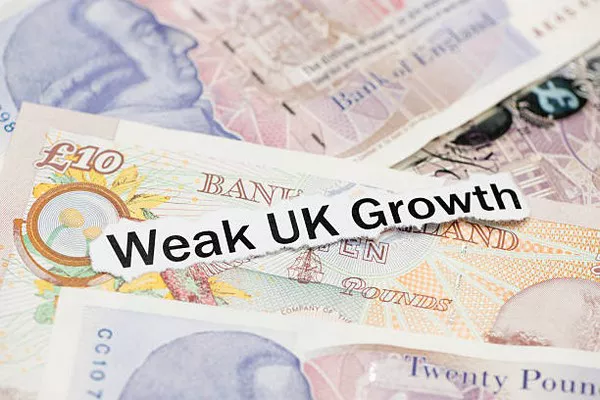In the world of numismatics, British coins hold a special allure due to their historical significance and artistic appeal. For collectors and enthusiasts, understanding the value of these coins goes beyond monetary worth; it’s about appreciating the heritage and craftsmanship that each piece represents. In this article, we delve into the realm of valuable British coins, exploring key factors that determine their worth and highlighting some of the most sought-after treasures in numismatic circles.
Factors Affecting Coin Value
Determining the value of a British coin involves considering several critical factors:
Rarity: Coins produced in limited quantities due to errors, short minting periods, or historical circumstances tend to be more valuable.
Historical Significance: Coins associated with pivotal events, monarchs, or historical periods often command higher prices.
Condition (Grade): The state of preservation significantly affects value. Coins in pristine condition are generally more desirable.
Demand: Popular coins or those sought after by collectors will naturally be more valuable due to higher demand.
Metal Content: The intrinsic value of the metal (gold, silver, etc.) also contributes to a coin’s worth, especially during times of fluctuating metal prices.
Most Valuable British Coins
Let’s explore some of the most valuable and sought-after British coins:
The 1933 George V Penny:
One of the rarest British coins, only a few were minted before the decision was made to withdraw them from circulation.
In 2016, one of these pennies was sold for over £72,000 in an auction, highlighting its immense value and scarcity.
The Edward VIII Pattern Coins:
Although never officially circulated due to Edward VIII’s abdication, a handful of pattern coins were struck.
The most famous is the brass threepence, with only a few examples known to exist. In 2020, a threepence sold for £72,000.
The 1952-1970 Queen Elizabeth II Proof Sets:
Proof sets from the early reign of Queen Elizabeth II are highly sought after.
These sets often include coins with intricate designs and are prized by collectors for their quality and historical significance.
The 2009 Kew Gardens 50p Coin:
Issued to commemorate the 250th anniversary of the Royal Botanic Gardens, Kew.
This 50p coin is considered one of the rarest in circulation, with only 210,000 minted. It regularly sells for significant sums.
The 1819 George III Sovereign:
Sovereigns from specific years, especially those with limited mintages, are highly prized by collectors.
The 1819 George III Sovereign is particularly sought after due to its historical significance and scarcity.
The 1917 George V Gold Sovereign:
Known for its rarity, with only a few known examples in existence.
This coin often fetches high prices at auctions and is a prized possession among serious collectors.
Tips for Collectors
For those interested in collecting valuable British coins, here are some tips:
Research: Educate yourself on the history, rarity, and value of different coins. Resources such as coin catalogs, books, and online forums can be invaluable.
Condition Matters: Invest in coins that are in good condition or have been certified by reputable grading services.
Authenticate: Beware of counterfeit coins. Work with reputable dealers and consider getting coins authenticated and graded by professional services.
Diversify: Build a collection with a mix of coins from different periods and denominations to add depth and variety.
Stay Informed: Keep up to date with the latest trends and developments in the numismatic world through publications and coin shows.
Conclusion
The allure of valuable British coins lies not just in their monetary worth but also in the stories they tell and the history they represent. Whether you are a seasoned collector or a novice enthusiast, delving into the world of numismatics can be a fascinating journey. By understanding the factors that contribute to a coin’s value and exploring notable examples, collectors can build meaningful collections that reflect the rich heritage of British coinage. Happy collecting!


